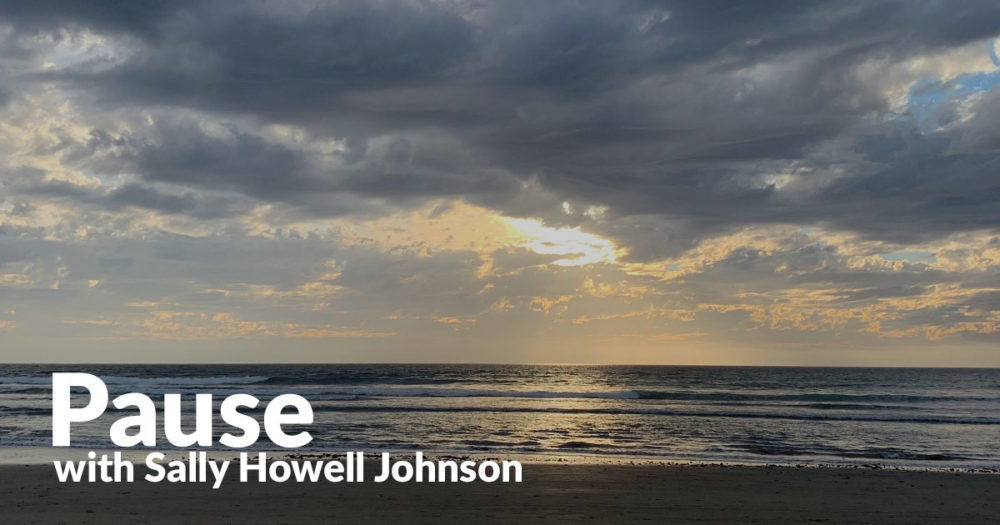“The Sabbath is a patch of ground secured by a tiny fence, when we withdraw from the endless choices afforded us and listen, uncover what is ultimately important, remember what is quietly sacred. Sabbath restrictions on work and activity actually create a space of great freedom; without these self-imposed restrictions, we may never be truly free.”
~Wayne Muller, Sabbath:Finding Rest, Renewal, and Delight in Our Busy Lives
Sometimes the sheer juxtapositions that can occur in any given snapshot of life can be so jarring. You just have to take a deep breath and rest with them for awhile, try to discern the wisdom of seemingly disjointed events that are spaced so closely together that it must mean something. A lesson, perhaps? A bit of universal wisdom thrown down like a gauntlet at your feet?
Just such an experience happened to me this weekend. On Saturday, I went to a movie I had looked forward to, one that had been well received by critics. Shortly into the movie I realized that my expectations were a little off and that, what I thought was a comedy, was instead something much deeper, darker, more disturbing. The film consisted of, in my opinion, adults(read here, who were old enough to know better) acting on the first thought or feeling that came into their minds. The choices they were making seemed self-centered and without a mindfulness as to what their actions would mean to others around them, namely their partners, co-workers, children. Now, I know, the stuff of fiction relies on this kind of behavior. We don’t read novels or go to movies to see people living boring lives! So, in that case, the movie did its work….it made me ask questions, feel sad, be angry, even shed a tear. Hold that thought for a minute.
Then yesterday, I was privileged to listen to a group of people who had made the choice to be in community with one another. This community, the St. Brigid of Kildare monastery, is made up of United Methodists who are following the Rule of St. Benedict, protestants living the monastic life.Though they live in far-flung places around the country, they have made the choice to be in community with one another, setting their life path in prayer, scripture and acts of justice and service. They have made a definite choice about how they will walk in the world with the full knowledge of how we are all connected in ways we cannot always know, ways that require us to choose our words and our actions wisely, ways that are full of reminders of how we are images of our Creator.
I think of the choices I have made in my life, the big choices, and I pray I have given them adequate attention and time to serve, not only myself, but all those whose lives intersect with mine. I think of the choices we are asked to make daily, from the foods we eat to the things we purchase, to those we eat with and those we pass by. I pray as Wayne Muller suggests to us, that I am able to take into deep consideration what is important in an ultimate way and not just for the thrill of any given moment. I pray that I never, ever forget that I am a small being tied with invisible lines of connection to those I know and see, to those I have never met, and to the vast Universe of which we are all a part, a tiny part.
How we make our choices depends on so many things. But attention to those choices have the gift of leading us to a freedom that brings joy and not sorrow. For every choice to be made this day, may there be an extra breath taken, a deep listening for what is sacred and ultimate. And may the world be a better place for the Sabbath moment we take in all our choices.

